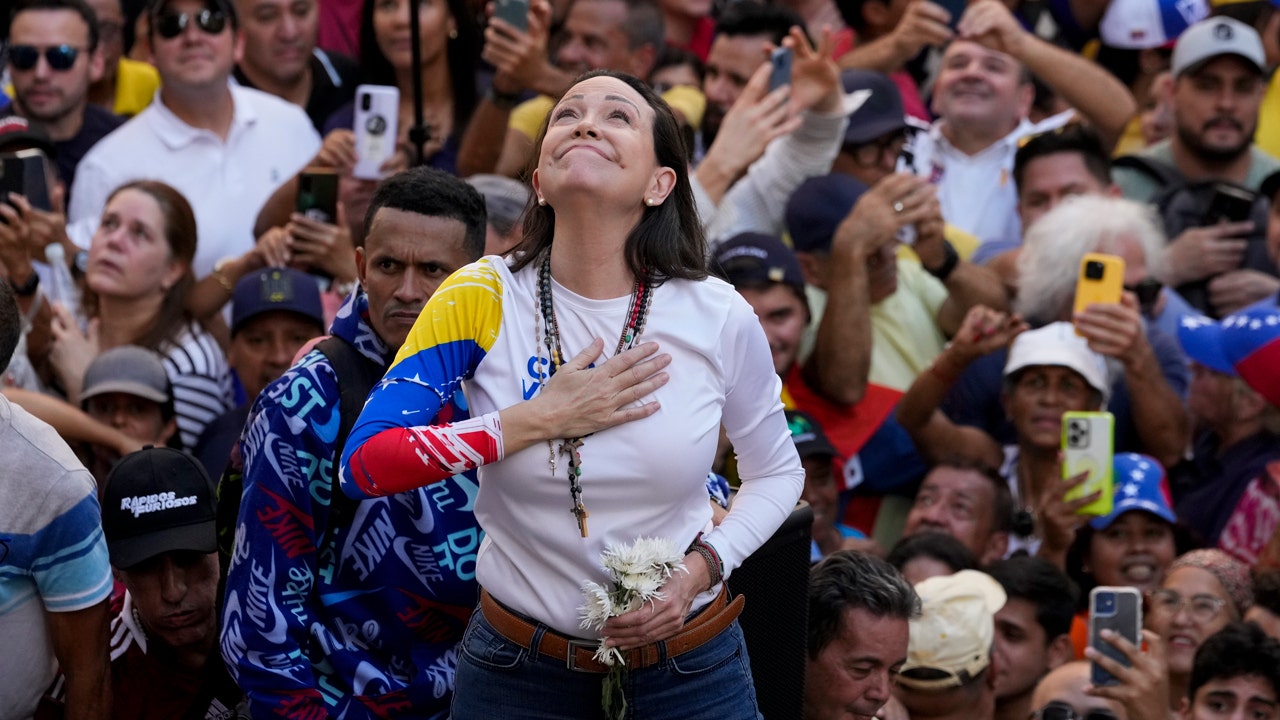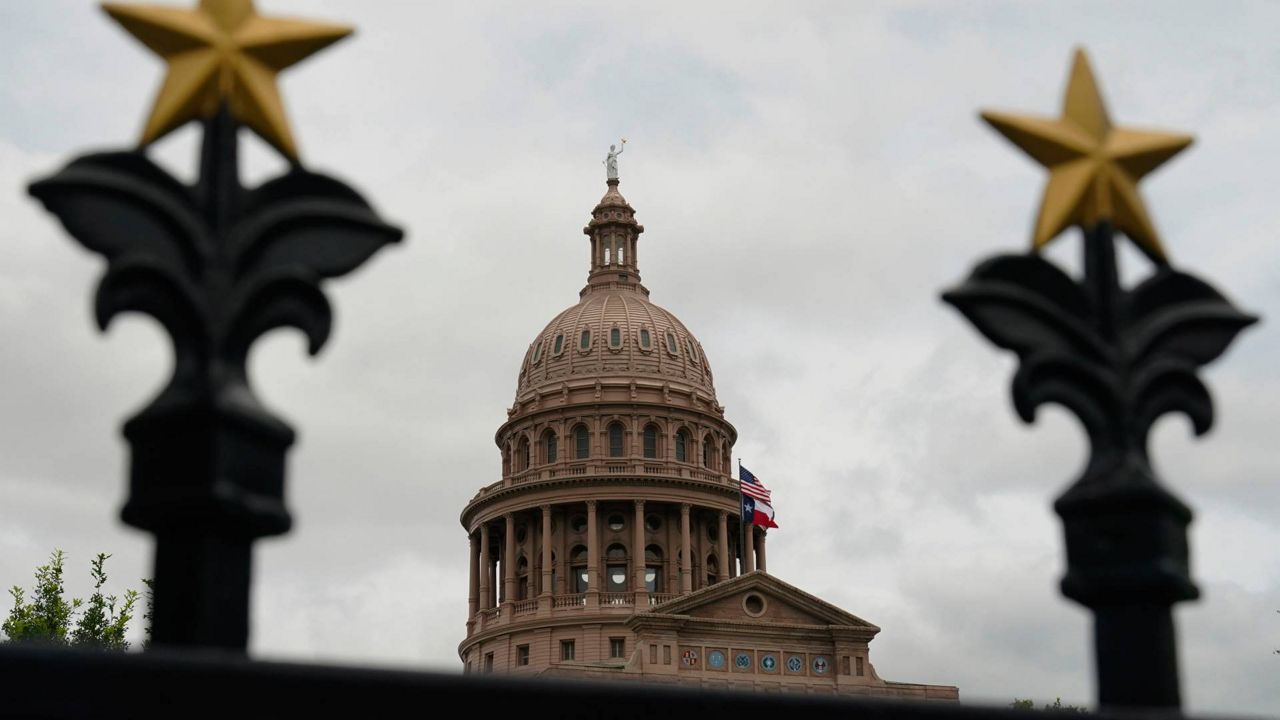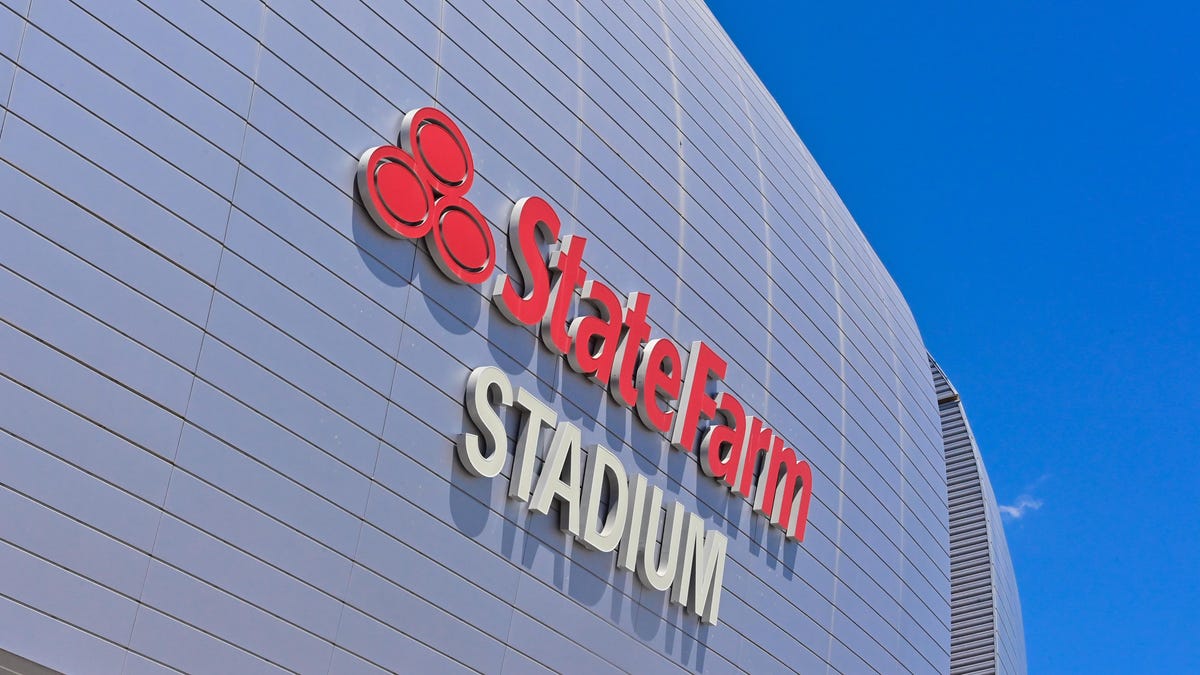World
The battle for Ukraine’s Bakhmut: A timeline

Wagner claims control of Bakhmut but Kyiv says fighting continues. Here are some key moments in the battle for the city.
The battle for the city of Bakhmut in Ukraine’s eastern Donbas region has become the longest and bloodiest of Russia’s full-scale invasion of Ukraine.
Here is a timeline of key events there:
May 8, 2022 – Ukraine confirms its forces have withdrawn from Popasna, a town around 24km east of Bakhmut, with a major road running between the two settlements. Russian forces can now advance towards Bakhmut and pound it with artillery.
August 9, 2022 – British defence intelligence says the Bakhmut axis has been Russia’s most successful front during the last 30 days and troops have advanced about 10km in the region.
October 8, 2022 – The start of the assault on Bakhmut city by Wagner fighters, according to Russian mercenary leader Yevgeny Prigozhin.
October 15, 2022 – Ukrainian President Volodymyr Zelenskyy says the situation in Bakhmut is “the most difficult” of all the front lines. “We are holding our positions,” he says.
December 20, 2022 – Zelenskyy pays a surprise visit to the city, where he hails his “superhuman” troops and urges them to fight on.
January 25, 2023 – Ukraine’s military says it has withdrawn from the town of Soledar, north of Bakhmut. Two weeks earlier, Prigozhin posted a photo of himself along with some of his fighters in what he said was one of Soledar’s salt mines.
February 3, 2023 – Zelenskyy says Ukraine will fight “as long as we can” for Bakhmut. “Nobody will give away Bakhmut … We consider Bakhmut our fortress,” he says.
March 10, 2023 – After appearing to plan a retreat in early March, and Western allies questioning the strategic importance of Bakhmut, Ukraine decides to reinforce its beleaguered soliders in Bakhmut, saying that battle is locking down Russia’s best military units.
March 22, 2023 – Zelenskyy makes a surprise visit to troops near Bakhmut to thank them for their bravery and hand out awards.
April 2, 2023 – Prigozhin hoists a Russian flag by what he says is Bakhmut’s city hall. He says taking the building means Bakhmut has been captured by Moscow “from a legal point of view”. Ukraine rejects his claim, saying it is not clear where Prigozhin raised the flag.
April 11, 2023 – Prigozhin says Wagner controls more than 80 percent of Bakhmut. Ukraine denies this, saying it controls “considerably” more than 20 percent of the city.
April 26, 2023 – The United Kingdom’s Ministry of Defence says fighting has reached Bakhmut’s western outskirts over the past week, especially around the settlement of Khromove on its northwestern edge, as Ukraine seeks to retain control of the main access road.
May 1, 2023 – Ukraine claims to have ousted Russian forces from some positions in Bakhmut amid fierce battles.
May 10, 2023 – Ukraine’s ground forces commander says Russian units in some parts of Bakhmut have retreated by up to two kilometres.
May 19, 2023 – Ukraine says it has repelled attacks by Russian forces trying to recapture ground around Bakhmut. Prigozhin says “heavy, bloody battles” are continuing and his men are close to completely capturing Bakhmut.
May 20, 2023 – Prigozhin says Wagner forces have completed the capture of Bakhmut. Ukraine says the situation there is critical, with its troops still defending the southwestern part of the city.

World
Poland says Netanyahu won't be arrested if he attends Auschwitz event

Polish Prime Minister Donald Tusk says Israel’s Benjamin Netanyahu will not be detained despite the International Criminal Court (ICC) arrest warrant.
The Polish government has guaranteed that Israel’s Prime Minister Benjamin Netanyahu will not be arrested if he attends the 80th anniversary of the liberation of the Auschwitz-Birkenau death camp, despite the International Criminal Court (ICC) warrant against him.
Poland’s President Andrzej Duda, from the opposition Law and Justice party (PiS), this week wrote to the government requesting that Netanyahu not be arrested if he decides to attend the Auschwitz commemoration on 27 January, according to a presidential aide.
The office of Prime Minister Donald Tusk published a resolution on Thursday saying it would ensure the “safe participation of the leaders of Israel in the commemorations”.
“I confirm, whether it is the prime minister, the president or the minister — as it is currently declared — of education of Israel, whoever will come to Oswiecim for the celebrations in Auschwitz will be assured of safety and will not be detained,” Tusk said.
Tusk made clear that the resolution was “precise” and only applied to the Auschwitz commemorations.
“It is also very important for us that Poland is not among those countries that openly and demonstratively want to disregard the decisions of international tribunals,” he added.
The ICC issued arrest warrants in November for Netanyahu and his ex-defence minister, as well as a Hamas leader, Ibrahim Al-Masri, for alleged war crimes and crimes against humanity during the 15-month war in Gaza.
Member countries of the ICC, such as Poland, are required to detain suspects facing a warrant if they set foot on their soil, but the court has no way to enforce that. Israel is not a member of the ICC and disputes its jurisdiction.
The court has more than 120 member states, although some countries, including France and Hungary, have already said that they would not arrest him. Hungarian Prime Minister Viktor Orbán even said he would defy the warrant by inviting Netanyahu to Budapest.
It is unclear whether Netanyahu plans to attend the commemoration later this month, although he has been present at previous anniversary events at Auschwitz.
Poland’s Foreign Ministry, in response to an email query, said on Thursday that “it has not received any information so far indicating that Prime Minister Benjamin Netanyahu is going to attend the celebration of the 80th anniversary of the liberation of Auschwitz.”
The commemoration will be attended by international officials and elderly survivors. It is to take place in Oswiecim, a town that was under German occupation during World War II where the Nazi German forces operated the most notorious of their death camps.
More than 1.1 million people were murdered at Auschwitz. Historians say that most of them, about a million, were Jewish, but the victims also included Poles, Roma, Soviet prisoners of war, and others.
At least 3 million of Poland’s 3.2 million Jews were murdered by the Nazis, accounting for about half of the Jews killed in the Holocaust.
Additional sources • AP
World
Monday’s Vikings-Rams NFL Playoff Game Moved to Arizona Due to L.A. Wildfires

ad
World
Details of Venezuelan opposition leader's possible arrest remain unclear amid Maduro inauguration resistance

Aides to Venezuela opposition leader Maria Corina Machado said she was detained Thursday, followed moments later by official denials, in a confusing episode that capped a day of protests seeking to block President Nicolás Maduro from clinging to power.
It’s not clear exactly what transpired after Machado bid farewell to hundreds of supporters, hopped on a motorcycle and raced with her security convoy through the empty streets of eastern Caracas to an undisclosed location.
At 3:21 p.m. local time, Machado’s press team said in a social media post that security forces “violently intercepted” her convoy. Her aides later confirmed to The Associated Press that the opposition hardliner had been detained, and international condemnation immediately poured from leaders in Latin America and beyond demanding her release.
But about an hour later, a 20-second video of Machado was posted online by a Maduro supporter in which the opposition leader said she was followed after leaving the rally and that she had dropped her purse. “I’m good, I’m safe,” Machado said in a raspy voice, adding “Venezuela will be free.”
THOUSANDS OF VENEZUELAN OPPOSITION SUPPORTERS TAKE TO THE STREETS AHEAD OF MADURO’S THIRD INAUGURATION
Her aides later said in a social media post that the proof-of-of-life video message had been coerced, and that after recording it she was freed. They said she would provide details of her “kidnapping” later.
Meanwhile, Maduro supporters denied that she was detained and gloated that government opponents were trying to spread fake news to generate an international crisis. “Nobody should be surprised,” Communications Minister Freddy Nanez said. “Especially since it’s coming from the fascists, who were the architects of the dirty trick.”
Earlier Thursday, Machado addressed hundreds of supporters who heeded her call to take to the streets a day before the ruling party-controlled National Assembly was scheduled to swear in Maduro to a third six-year term despite credible evidence that he lost the presidential election.
“They wanted us to fight each other, but Venezuela is united, we are not afraid,” Machado shouted from atop a truck in the capital minutes before she was reported detained.
Machado, 57, is a hardliner former lawmaker who stayed and fought against Maduro even after many of her allies in the opposition leadership fled, joining an exodus of some 7 million Venezuelans who’ve abandoned their homeland in recent years.
Loyalists who control the country’s judiciary banned her from running against Maduro last year. In a deft move, she backed an unknown outsider — retired diplomat Edmundo González — who crushed Maduro by a more than two-to-one margin, according to voting machine records collected by the opposition and validated by international observers.
Venezuelan opposition leader Maria Corina Machado addresses supporters at a protest against President Nicolas Maduro in Caracas, Venezuela, Thursday, Jan. 9, 2025, the day before his inauguration for a third term. (AP Photo/Ariana Cubillos)
González, invoking the title of president-elect recognized by the U.S. and other countries, was among those who demanded Machado’s release in the immediate aftermath of what was believed to be her shock arrest.
“To the security forces, I warn you: don’t play with fire,” he said in a social media post from the Dominican Republic, where he met with President Luis Abinader and a delegation of former presidents from across Latin America.
There was a relatively small turnout for Thursday’s protests as riot police were deployed in force. Venezuelans who’ve witnessed Maduro’s security forces round up scores of opponents and regular bystanders since the July election were reluctant to mobilize in the same numbers as they have in the past.
“Of course, there’s fewer people,” said empanada vendor Miguel Contrera as National Guard soldiers carrying riot shields buzzed by on motorcycles. “There’s fear.”
Those demonstrators that did show up blocked a main avenue in one opposition stronghold. Many were senior citizens and dressed in red, yellow and blue, answering Machado’s call to wear the colors of the Venezuelan flag. All repudiated Maduro and said they would recognize González as Venezuela’s legitimate president.
The deployment of security forces as well as pro-government armed groups known as “colectivos” to intimidate opponents betrays a deep insecurity on the part of Maduro, said Javier Corrales, a Latin America expert at Amherst College.
Since the elections, the government has arrested more than 2,000 people — including as many as 10 Americans and other foreigners — who it claims have been plotting to oust Maduro and sow chaos in the oil rich South American nation. This week alone, masked gunmen arrested a former presidential candidate, a prominent free speech activist and even González’s son-in-law as he was taking his young children to school.
“It’s an impressive show of force but it’s also a sign of weakness,” said Corrales, who co-authored this month an article, “How Maduro Stole Venezuela’s Vote,” in the Journal of Democracy.
“Maduro is safe in office,” said Corrales, “but he and his allies recognize they are moving forward with a big lie and have no other way to justify what they are doing except by relying on the military.”
Venezuela’s National Electoral Council, also stacked with government loyalists, declared Maduro the winner of the election. But unlike in previous contests, authorities did not provide any access to voting records or precinct-level results.
The opposition, however, collected tally sheets from 85% of electronic voting machines and posted them online. They showed that its candidate, González, had thrashed Maduro by a more than two-to-one margin. Experts from the United Nations and the Atlanta-based Carter Center, both invited by Maduro’s government to observe the election, have said the tally sheets published by the opposition are legitimate.
The U.S. and other governments have also recognized González as Venezuela’s president-elect. Even many of Maduro’s former leftist allies in Latin America plan to skip Friday’s swearing-in ceremony.
President Joe Biden, meeting González at the White House this week, praised the previously unknown retired diplomat for having “inspired millions.”
“The people of Venezuela deserve a peaceful transfer of power to the true winner of their presidential election,” Biden said following the meeting.
-

 Business1 week ago
Business1 week agoThese are the top 7 issues facing the struggling restaurant industry in 2025
-

 Culture1 week ago
Culture1 week agoThe 25 worst losses in college football history, including Baylor’s 2024 entry at Colorado
-

 Sports1 week ago
Sports1 week agoThe top out-of-contract players available as free transfers: Kimmich, De Bruyne, Van Dijk…
-

 Politics1 week ago
Politics1 week agoNew Orleans attacker had 'remote detonator' for explosives in French Quarter, Biden says
-

 Politics1 week ago
Politics1 week agoCarter's judicial picks reshaped the federal bench across the country
-

 Politics6 days ago
Politics6 days agoWho Are the Recipients of the Presidential Medal of Freedom?
-

 Health5 days ago
Health5 days agoOzempic ‘microdosing’ is the new weight-loss trend: Should you try it?
-

 World1 week ago
World1 week agoIvory Coast says French troops to leave country after decades

















